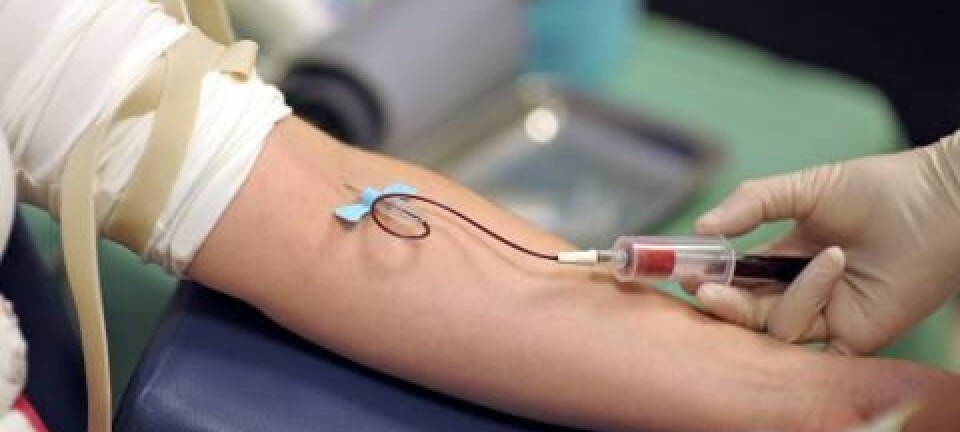
Blood poisoning doubles risk of heart attack and stroke
Patients with blood poisoning from pneumonia and urinary tract infection have a higher risk of heart attack and stroke than other hospitalised patients.
People who are hospitalised with an infection in the blood, such as pneumonia and urinary tract infection, are twice as prone as other hospital patients to heart attack and stroke in the first 30 days after the infection arose. The risk is 20 times higher than for people who are not hospitalised, new study finds.
”It surprised us to see such a significantly increased risk for all the types of infection that we have studied,” says lead author Michael Dalager-Pedersen, a PhD student at the Department of Clinical Medicine, Aarhus University Denmark.
The new study also shows that some types of blood poisoning are associated with a higher risk of heart attack and stroke than others.
Inflammation of the heart valve is particularly risky
”Patients who have infection of the heart valve have an eight-fold risk of blood clots compared to other hospitalised patients. Patients with staphylococci in the blood also have a particularly high risk of heart attack and stroke – around three times higher than other hospitalised patients,” says Dalager-Pedersen.
Even though the researchers have not demonstrated a definite cause for this association, Dalager-Pedersen suggests a possible part of the explanation:
”We know that an infection activates the blood clotting system and the platelets. The platelets congeal and can form a blood clot. Heart attack and stroke can also occur as a result of the infection constituting a load on the heart and the blood vessels,” he says.
Conclusion is uncertain
The Danish researchers compared infected patients with other hospitalised patients because being ill increases the risk of a heart attack and stroke in itself. This enabled them to identify the risk of heart attack and stroke in addition to the risk of being generally ill.
However, Jørgen Kanters, a heart researcher at the University of Copenhagen, does not believe that the researchers have demonstrated fully that it is the blood poisoning itself that leads to an increased risk of heart attack and stroke. It may simply be, he says, that patients with blood poisoning are generally more ill than other hospitalised patients, and the results have to be verified in prospective clinical studies.
”The problem is that the researchers compared patients with blood poisoning with patients who had any random problem – a broken wrist, for example. The question, then, is: is the increased risk of heart attack and stroke caused by the blood poisoning, or is it simply that blood poisoning patients are sicker than other hospitalised patients?”
Doctors should take note
Dalager-Pedersen believes that doctors should take note of the study’s findings and keep them in mind when treating patients with blood poisoning:
”If the patient is admitted with severe pneumonia and has symptoms such as shortness of breath and chest pains, the doctor needs to think broadly and not simply assume that the infection has worsened. It may be that the patient has suffered a heart attack.”
----------------
Read the Danish version of this article at videnskab.dk
Translated by: Dann Vinther












